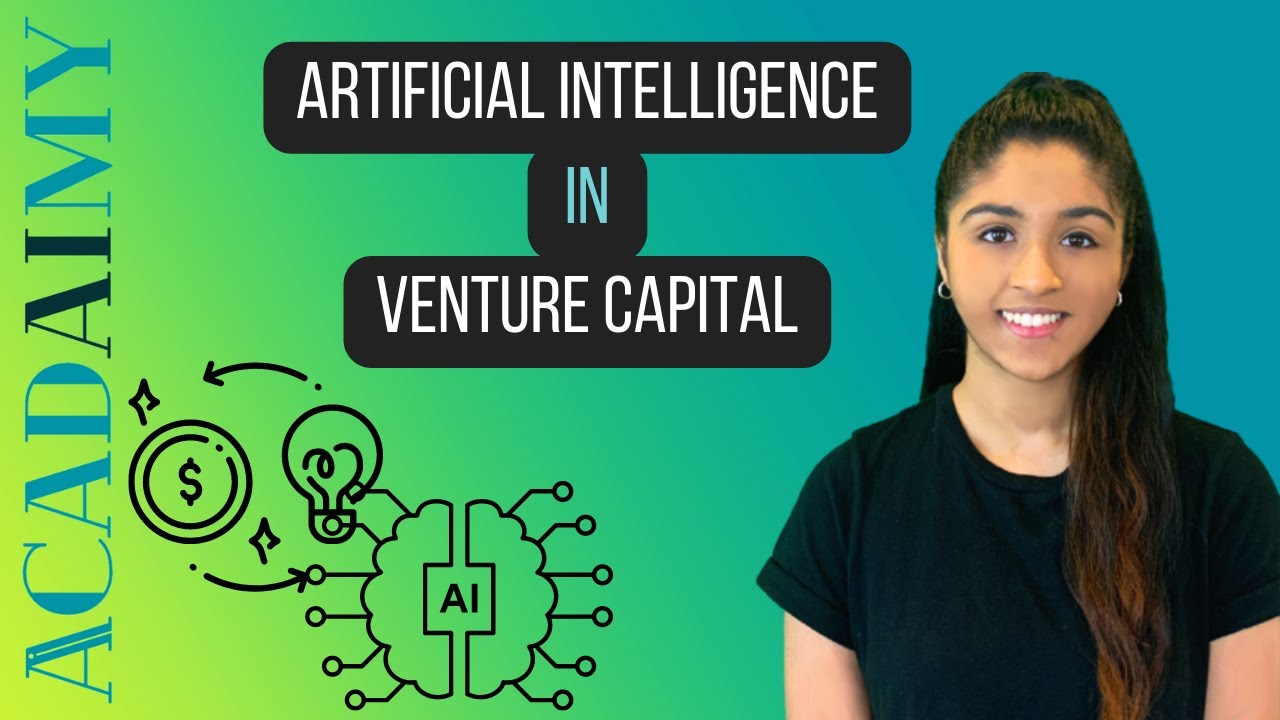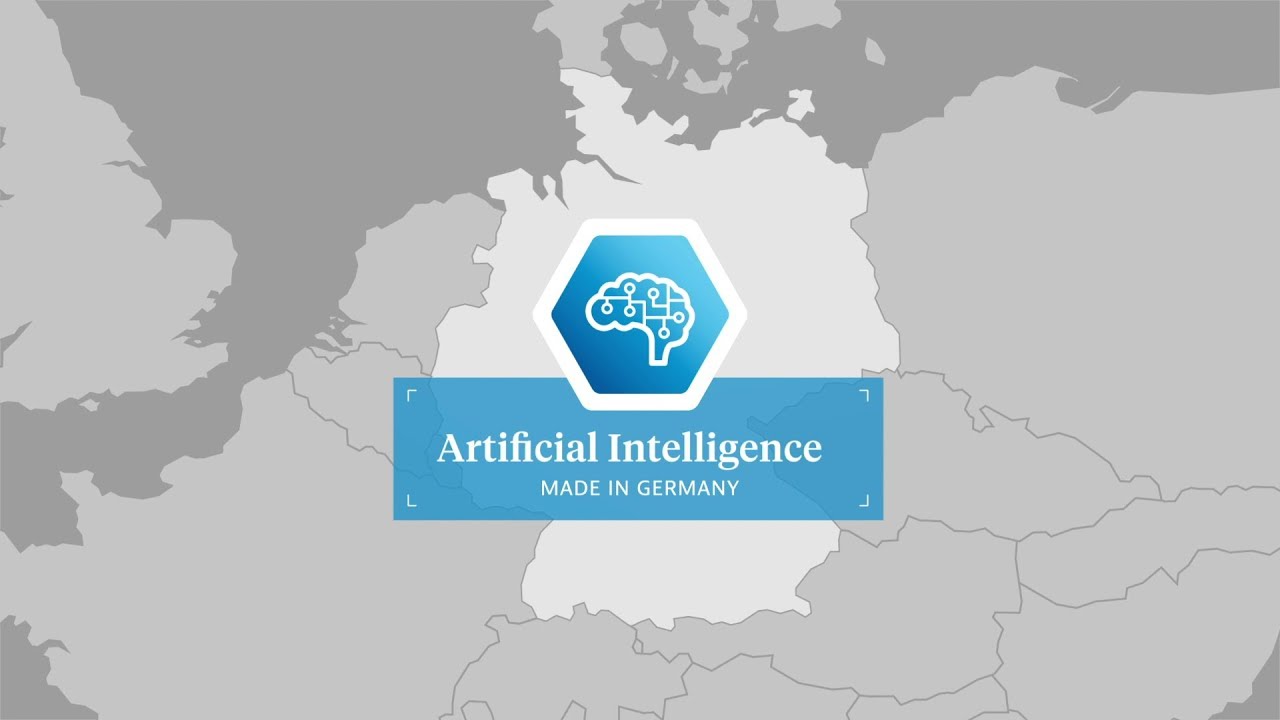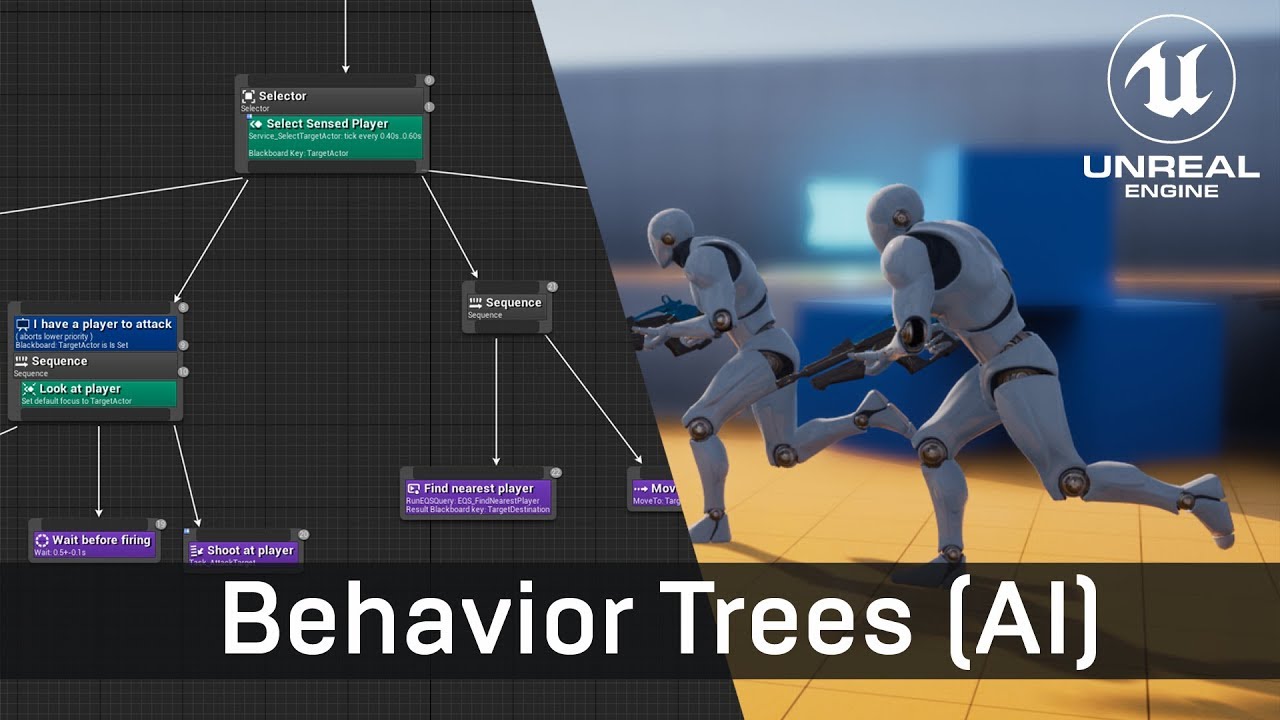Acadaimy
So if you’ve been following the content on my channel, on the news, or just in the daily world around you, you probably know that the field of Artificial Intelligence is gaining exponential prominence in society. The beauty of AI is that it is not a field that stands on its own, or only being associated with the technological field. AI has applications across hundreds of varying fields, a few of which we’ve explored in this channel, such as biotechnology and marketing. In today’s video, we will be learning about how AI is applied to a specific field of the business world that plays a vital role in our society – Venture Capital.
Enter Artificial Intelligence. With the plethora of big data that is available in society, VC firms can combine information about companies, with market research, and several other data points to get a better overview of newly founded companies. These large databases can be used by AI and machine learning models to predict which startups are most likely to succeed, providing VCs with a much faster, more efficient, and more accurate method of funneling down startups and picking a few to invest in that might return big money.
Venture capitalists who have so long been funding AI companies are now beginning to leverage AI technology and data-driven algorithms to give them a competitive edge in their investment choices.
For example, an AI company called Peachscore utilizes metrics such as social media presence, data points from app stores and websites, product reviews, and 238 other evaluation factors to generate a risk rating and personalized intelligence report for each startup company. This conclusive information can help VCs discover likely unprofitable startups that might not be worth investing in.
As another example, Veronica Wu, founding partner of Hone Capital, the US segment of one of the largest VC firms in China, developed a machine learning model to assist with her investment choices. Her machine learning model leverages a database filled with over 30,000 deals from the past 10 years. Her model utilizes 20 different factors that were identified as the most significant for determining investment success, such as founding team’s background, investors’ prior rates of conversation, total money raised, etc.
Through her model and the various factors it analyzes, she also discovered insights such as the fact that a deal with two founders from different universities are more likely to launch a startup that succeeds than two founders from the same university. Diversity of perspectives plays a role in success.
To test the success of her algorithm in comparison to the manual process, she found that 40% of the companies recommended by her model raised another round of funding afterwards, indicating their success and promise, which was 2.5 times the historical amount for a VC.
Another company that has created AI tools for VCs is VenturePole. VenturePole utilizes a machine learning model leveraging 6 million data points from 700,000 companies, applying techniques such as principal component analysis and unsupervised learning to predict and visually graph the level of investment risk per company as compared to other companies in the database.
So if AI models do such an efficient job choosing which companies are worth investing in, does this mean research associates in VC firms will soon be out of job? Not quite. You see, akin to most AI developments, the AI technology is there to augment the manual process and work alongside humans as nothing can replace human emotion, cognition, and creativity.
And human intervention is especially necessary when AI algorithms start to inculcate unwanted bias in their decision-making, as one algorithm built by Harvard Business Review did recently. HBR created an investment algorithm and compared it to the performance of about 250 other investors. They found that the model performed better than beginner investors but did not perform as well as their experienced counterparts.
The main reason for this discrepancy was that the model demonstrated biases that experienced investors did not, such as leaning towards white male entrepreneurs over people of color and women, due to the fact that historically, women and minority founders have received less capital so the data that the algorithm relies on is skewed towards white men.
This is why it is crucial to combine the experience and knowledge of humans with the computing power of algorithms to arrive at conclusions. Human decision-making will never be replaced – only augmented and strengthened by the hybrid power of artificial intelligence and individual thinking.
Subscribe to Acadaimy: https://www.youtube.com/acadaimy
Source




Thank you 🙏 for your beautiful information
I didn’t knew what was venture capital
It was really informative.
Thank you for this information
I didn’t knew about venture capital. 💕
Thank you for sharing such an informative video and help us to understand the topic venture capital
I read stories with AI info being shared. I know that AI can store many data and can produce a much better conclusion, since it will use the data being stored on it. But I really appreciate your video since it provides me another wide knowledge about AI. especially in Venture capital. Love your video so much.
Super video helping venture capitalist,via AI.so informative 👌
This video is really amazing. The beauty of AI is that it is not a field that stands on its own, or only being associated with the technological field. Good content. I learned so many things in this video. I appreciate
Thank you for this information… I learn so many things this video .
A very interesting topic to discuss, will watch more of your videos
Thank you for sharing such an informative video
Hi senpai
It is very nice video and helpful thank you
I've learned that AI cannot totally replace human because human have emotion, cognition and creativity.
Thanks
the importance of AI is quite essential in finance field, it would be appreciable if you can also explain some basic finance concepts
Nice video 👍
AI is a field of work that i like very much. Great video. Keep up with the good work
Your content is really admirable to us, you have so much to explain and you do everything with charisma at the time of your explanation. Your content is really good.
very usefull thanks
I like your content, sharing us what we could also apply when we try to invest. Thank you
Thank you for sharing such an informative video